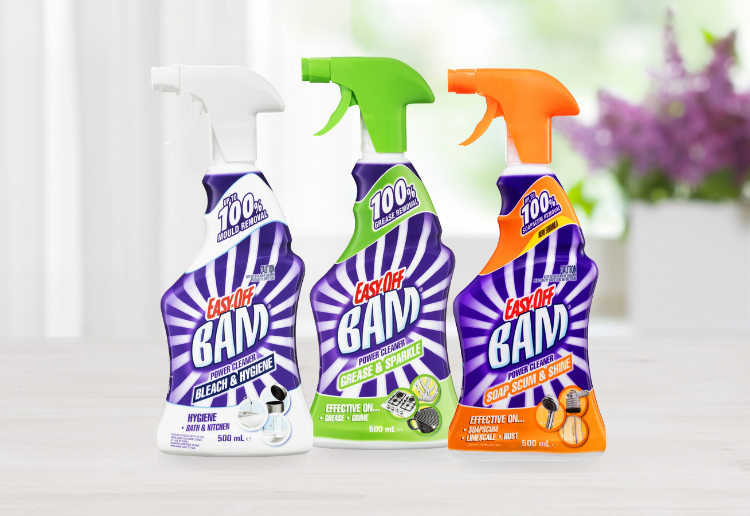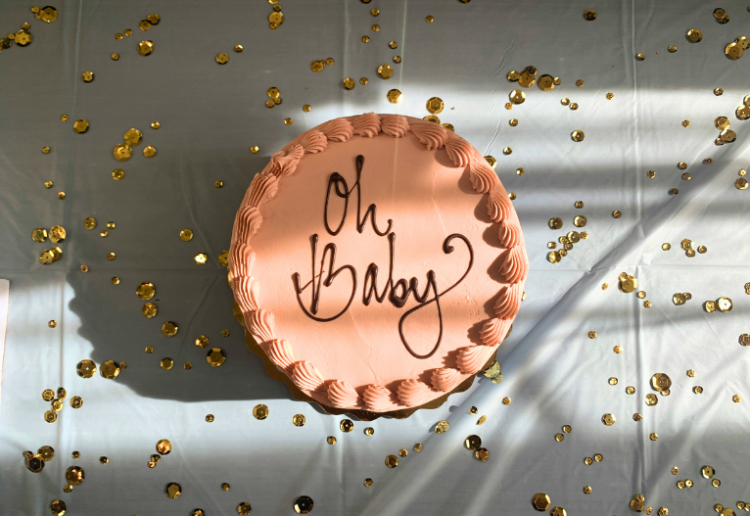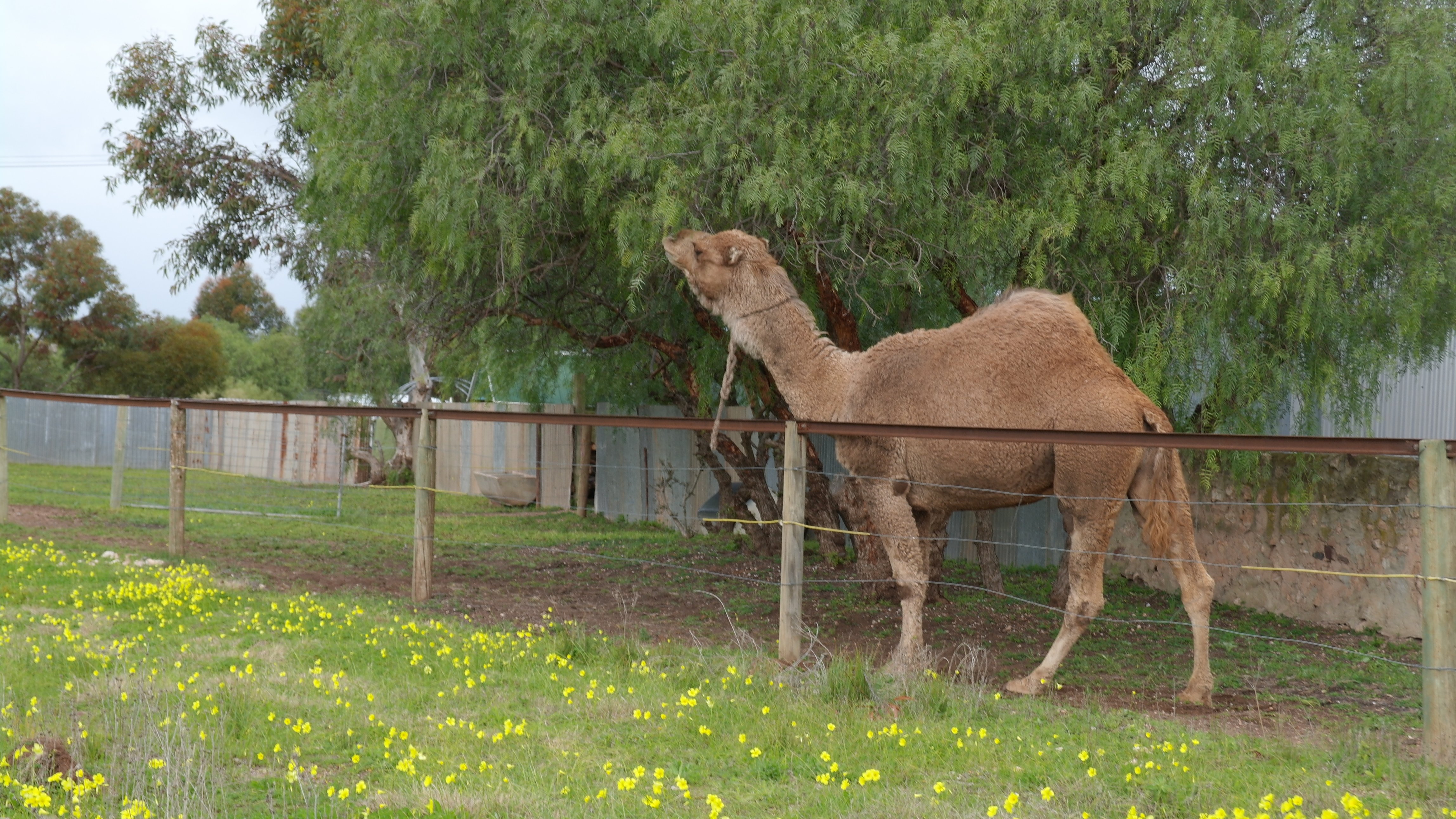8 Comment
When I woke, I heard my mother coughing, below in the kitchen. She had been coughing for days but I had paid no attention. We were living on the old cart road reaching into Kasauli, a little army cantonment town in the Himalaya’s, near Shimla. The coughing sounded terrible. I dressed, put on my socks and going downstairs, I saw her collapsing into a little armchair, holding her side. She had made an attempt to light the kitchen fire, but it had gone against her. She looked so tired and helpless that my heart turned over with compassion. I ran to her.
“Are you all right, amma?” I asked.
“I’ll be all right in seconds, she replied trying to smile. “The old sticks were wet, and the smoke started me coughing.”
“Go back to bed and I will light the fire,” I said.
“How can I, child?” she said anxiously. “I have to go to work.”
“You couldn’t work like that,” I said. “I’ll stop at home from school and look after you.”
It’s funny thing about women, the way they’ll take orders from any one in trousers, even if he is only nine.
“If you could make yourself a cup of tea, I might be all right later on,” she said guiltily, and she rose, very shakily, and climbed back up the stairs. I knew that she must be feeling really bad.
I put more sticks into the kitchen fire. My mother was so economical that she never used enough, and that was why the fire sometimes went against her. I used a whole bundle and I soon had the fire roaring and the kettle on. I made her a toast while I was about it. I was a great believer in hot buttered toast at all hours of the day. Then I made the tea and brought it up in a cup on a saucer. “Is that all right,” I asked.
“Would you have some boiling water left?” she asked doubtfully.
“This is too strong.” I agreed cheerfully. “I’ll pour some of it out and then add some boiling water.”
“I am an old nuisance,” she sighed.
“This is my fault,” I said taking the cup. “I can never remember how much tea leaves to put in the water. Put the shawl round you while you’re sitting up.”
I rushed down, got some boiling water in a mug, made her tea lighter, and then sat down to have my own breakfast by the window. Then I went out and stood by the front door to watch the kids from the road on their way to school.
“You’d better hurry or you’ll be late, Hari,” they shouted.
“I am not going,” I said. “My mother is sick, and I have to mind the house.”
I wasn’t a malicious child by any means but I liked to be able to take out my comforts and study them by the light of others’ misfortunes. Then I heated another kettle of water and cleared up the breakfast things before I washed my face.
“Would you like me to get the doctor,” I asked my mother.
“No,” said my mother impatiently. “He’d want to send me to the hospital, and how can I go to the hospital? You could call in at the chemist and ask him to give you a good strong cough bottle.”
“Write it down,” I said. “If I haven’t got it written down, I might forget. And put ‘strong’ in big letters. What should I get for lunch? Milk and bread?”
“Yes,” she replied.
I passed the school on my way. Opposite it was a hill and I went up a short distance and stood there for ten minutes in quiet contemplation. The schoolhouse, the playground and the gate were revealed as in a painted picture, detached and peaceful, except for the chorus of voices through the opened windows. I could have stood there all day. Of all the profound and simple pleasures of those days, the sound of these voices was the richest.
When I got home, I rushed upstairs and found Urmilla mausi sitting with my mother. She was a friend of my mother but I called her mausi. She was a middle-aged woman, very knowledgeable, gossipy and pious.
“How are you amma?” I asked.
“Good,” said my mother with a smile.
“You can’t get up today, though,” said Urmila mausi.
“I’ll put the kettle on and make a cup of tea for you.” I said.
“Sure, I’ll do that,” Urmila mausi.
“Ah, don’t worry, mausi,” I said lightly. “I can manage it all right.”
“Isn’t he very good?’ I heard her say in a low voice to my mother. “As good a gold,” said my mother.
“There are not many like him, these days,” said Urmilla mausi. “Most of them going on now are more like savages.”
In the afternoon, my mother wanted me to run out and play but I didn’t go far. I knew, if once I went a certain distance from house, I was liable to stray into temptation.
At dusk, I lit the lamp in the kitchen and the candle in my mother’s room and tried to read to her, not very successfully, because I was only at words of one syllable. But I had a great wish to please, and her to be pleased; so we got on quite well.
Later, Urmilla mausi came again and as she was leaving, I saw her to the door.
“If she is not better in the morning, I think I’d get the doctor,” she said over her shoulder.
“Why?” I asked in alarm. “Do you think she is worse?”
“No, I wouldn’t say so,” she replied with affected nonchalance, “but I am frightened she might get pneumonia.”
“But wouldn’t the doctor send her to the hospital, mausi?”
“Wish he wouldn’t”, she said with a shrug, pulling her old shawl about her. “But even if he did, wouldn’t it be better than neglecting it?” You wouldn’t have some brandy in the house?”
“Yes, I do.”
“If you could give it to her hot, it might help her to shake it off,” said Urmilla mausi.
My mother said she didn’t want the brandy but I had got such a fright that I wouldn’t be put off. I almost forced a few teaspoonfuls into her mouth.
When my mother had drunk the hot brandy, she fell asleep; and I quenched the lights and went to bed but I couldn’t sleep very well. I went into my mother’s room, her head felt very hot, and she was rambling in her talk. It frightened me more than anything else she didn’t know me, and I lay awake, thinking of what would happen to me if it were really pneumonia.
The depression was terrible when, next morning, mother seemed not to be any better. I had done all I could do and I felt helpless. I lit the kitchen fire and got her bread and hot milk but this time I didn’t stand at the front door to see the other fellows on their way to school. Instead, I went over to Urmilla mausi and reported.
“I’d go for the doctor,” she said firmly.” “Better be sure than sorry.”
I had first to go to the house of my uncle who lived quite far from our house to borrow some money. After that I went to the doctor. When I returned I laid out a bucket of water and soap and a clean towel for the doctor. I then cooked some lunch for my mother and myself.
It was after lunch when he called. He was a fat, loud voiced man and, like all the drunks of the medical profession, thought himself to be the cleverest doctor in Kasauli.
“How are you going to get this now?” he grumbled, sitting on the bed with a prescripton pad on his knee. “The only place open today would be Jackson chemist”.
“I’ll go, doctor”, I said at once, relieved that he had said nothing the hospital.
“It’s a long way,” he said doubtfully. “ Do you know where it is?”
“I’ll find it,” I said.
“Isn’t he a great fellow?” he said to my mother.
“Oh, the best in the world, doctor!” she said. “Nobody else could be better than him”.
“That’s right,” said the doctor. “Look after your mother, she is the best thing for you in the long-run. We don’t mind them when we have them,” he added to my mother, “but then some of them turn out to be rascals.”
I wish he hadn’t said that; it tuned in altogether with my mood. To make it worse he didn’t even use the soap and water I had laid ready for him.
My mother gave me the directions how to reach Jackson chemist, and I set off with a bottle wrapped in brown paper in my hand. The road led uphill through a thickly populated poor locality, as far as the barracks and then descended between high walls, till it came to an open area on once side of which stood a temple, made of purple sandstone.
I leaned on the low wall, near the temple and thought how happy a fellow could be, if he had nothing to trouble him. I tore myself from the wall with a sigh and climbed up the few narrow steps to the temple.
I leaned before the statue of Goddess Parvati in the temple and prayed for my mother’s recovery. I also promised the Goddess that on my return from the chemist, if I had any money, left, I would offer her a prasad of ten paisa for my mother’s recovery. After that I walked upto Jackson’s chemist which was a short distance from the temple.
A little girl was standing near the shop.
“You’ll have to wait, little boy,” said the girl quickly.
“What will I have to wait for?” I asked.
“He has to make your medicine,” she explained pointing to the salesman who was in the shop. “You might as well sit down.”
After handing over the prescription and the bottle to the salesman, I sat door next to her, glad of someone to keep company.
“Where are you from?” she asked. “I live near the Colonel’s house.” She then asked, “Who’s the bottle for?”
“My mother”, I said.
“What’s wrong with her?”
“She has a bad cough.”
“She might have pneumonia,” she said thoughtfully. “That’s what my sister that died had last year. This is a tonic for my other sister. She has to have tonics all the time. Is it nice where you live?”
I told her about the high mountain near my house and then she told me about the houses, the dirt track and the tree lined road, near their place. It seemed to be a nicer place than ours, as she described it. She was a pleasant, talkative little girl and I didn’t notice the time until the salesman came to the counter and said:
“Here,” she said and thrust the bottle with the prescription paper to her. She had a two twenty five paisa coin which she placed on the counter.
“Thanks,” said the girl to the salesman. Turning to me she said: “Your’s won’t be ready for a good while yet. I will wait for you.”
She waited until my bottle was handed to me and I too gave the chemist a to twenty five paisa coin. We then walked towards the temple together. On the way, I bought some sweets from the twenty five paisa that was left with me and we sat on the steps beside the temple to eat them. It was nice there with the young trees overhanging the high walls, and the sun, when it came out in great golden blasts, throwing our linked shadows into the road.
“Mine is awful,” she said. “Tonics is awful to taste. You can try it if you like.”
I took a taste of it and hastily spat out. She was right; it was awful. After that I couldn’t do less than let her taste mine.
“That’s grand,” she said enthusiastically, after taking a swig from it. “Cough bottles are always grand. Try it, can’t you?”
I did, and I saw she was right about that too. It was very sweet and sticky.
“Give me another,” she said excitedly, grabbing at it.
“It will be all gone,” I said.
“It won’t,” she replied with a laugh. “You have lots of it.”
Somehow I couldn’t refuse her. I was swept from my anchorage into an unfamiliar world of trees, steps, shadowy lanes and a little girl with a fair complexion and large beautiful balck eyes. I took a drink myself and gave her another. Then I began to panic. “Its nearly all gone,” I said. “What am I going to do now?”
“Finish I and say the cork fell out,” she replied, and again, as she said it, it sounded plausible enough. We finished the cough syrup between us, and then, slowly as I looked at the empty bottle in my hand, and remembered that I had not kept my word to the Goddess Parvati and had spent extra money I had – twenty five paisa on sweets, a terrible despondency swept over me. I had sacrificed everything for the little girl and she didn’t even care for me. It was cough bottle she had coveted all the time. I saw her guile too late. I put my hands in my hands and began to cry.
“What are you crying for?” the little girl asked in astonishment.
“My mother is sick, and we have drunk her medicine,” I said.
“Ah, don’t be any old crybaby!” she said contemptuously. “You have only to say the cork fell out. Sure that’s a thing that could happen to anybody.”
“And I promised the Goddess Parvati an offering of sweet meats from the money left and I have spent the money on you!” I screamed and suddenly grabbing the empty bottle, I ran up the road from her, wailing. Now I had only one refuge and one hope – a miracle. I went back to the temple, and kneeling before the Goddess the Parvati, I begged her pardon for having spent her ten paisa, promised her a prasad from the next ten paisa I got, if only she would work a miracle and make my mother better before I got back. After that, I crawled miserably homeward, back up the hill, but now all the light had gone out of the day and the beautiful hillside and become a vast, alien, cruel world. Besides, I felt very sick, I thought I was going to die. In one way it would be better.
When I got back into the house, the silence of the house and the sight of the fire gone out in the kitchen, smote me with the cruel realization that the Goddess Parvati had let me down. There was no miracle and my mother was still in bed. At once, I began to howl.
“What is it child?” my mother called in alarm from upstairs.
“I lost the medicine,” I bellowed, and rushed up the stairs to throw myself on the bed and bury my face in the pillow.
“Oh, wash up darling, if that’s all that’s troubling you!” she exclaimed with relief, running her hand through my hair. “Is anything the matter?” she added after a moment. “You’re very hot.”
“I drank the medicine,” I bawled.
“Ah, that’s no harm?” she murmured soothingly. “You poor, unfortunate child! It was my own fault for letting you go all that way by yourself. Undress yourself now, and lie down here.”
She got up, put on her slippers and unlaced my shoes while I lay on the bed. But even before she finished, I was fast asleep. I didn’t see her dress herself or hear her go out, but some time later, I felt a hand on my forehead and saw Urmilla mausi peering down at me, laughing.
“Ah, it’s nothing,” she said, giving her shawl a pull about her. He’ll sleep it off by morning. But its you – you who should be in bed.”
I knew that was a judgement on me but I could do nothing about it. Later, I saw my mother come in with the candle and I smiled up at her. She smiled back. Urmilla mausi may despise me as much as she liked, but there were others who didn’t. The miracle had happened, after all.
FOOTNOTE
Amma: mother.
Mausi: mother’s sister.
Parvati: a Hindu goddess.
Prasad: a religious offering of sweets.
Posted by sangeeta, 2nd January 2014













-

-
-
mom81879 said
- 19 Sep 2015
-

-
-
pakeko said
- 17 Mar 2015
-

-
-
mom57522 said
- 09 Jan 2015
-

-
-
coppin85 said
- 31 May 2014
-

-
-
shazzbot said
- 14 Apr 2014
-

-
-
emily_zilm said
- 07 Apr 2014
-

-
-
fatheroffaprincess said
- 31 Mar 2014
-

-
-
yyon4699 said
- 30 Mar 2014
Post a comment5:29 pm
8:33 pm
9:31 pm
9:36 am
9:15 am
9:00 pm
8:06 pm
6:23 pm
To post a review/comment please join us or login so we can allocate your points.